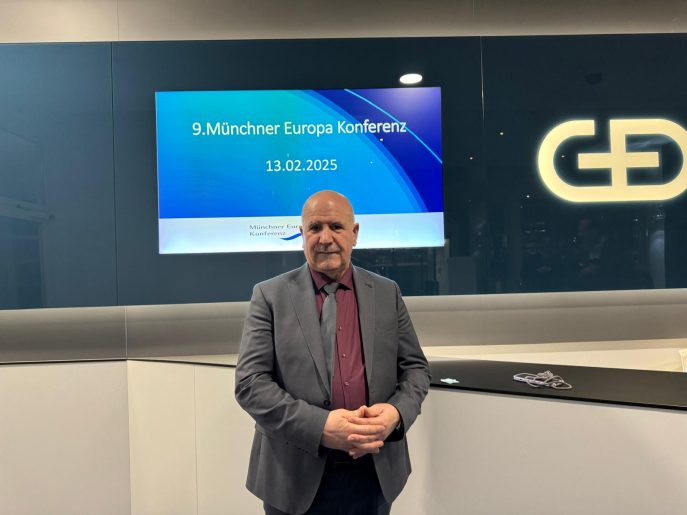In a significant development for the Kurdish community in Europe, Germany will host the first Kurdish university, set to begin operations in 2026. The founding team is currently focusing on establishing a budget, developing curriculum, and strengthening educational infrastructure, marking a major cultural and academic milestone for the Kurdish diaspora.
Educational Framework and Vision
The university will primarily conduct classes in Kurdish, offering instruction in both Kurmancî and Soranî dialects. For programs in social sciences and engineering, a trilingual model incorporating Kurdish, German, and English will be implemented. According to Yunus Behram, President of Deutsch-Kurdisches-Forum e.V., this initiative emerged from practical concerns when Kurdish-language primary schools opened in North and East Syria, prompting parents to ask, “How will our children continue to university?”
Academic Programs and Structure
The institution plans to offer a wide range of undergraduate and graduate programs, with emphasis on Kurdish studies, literature, social sciences, and engineering, though medical studies will not be included initially. Students graduating with Kurdish-language high school diplomas from Northern Syria and Iraqi Kurdistan will have new educational opportunities. Online applications and examinations will lead to internationally recognized degrees, as the university will maintain academic quality assurance systems aligned with German standards.
Cultural Significance
“This university represents more than just an educational institution—it’s the first institutional opening for Kurdish language and identity in Europe,” explained Behram. What began as a plan for a “Kurdology Institute” evolved into the vision for an independent university with support from both Kurdish and German academics, diplomats, and politicians. The project aims to strengthen cultural and academic cooperation between German and Kurdish communities while increasing the visibility of the Kurdish language in public spaces. A long-term goal includes developing a standardized academic Kurdish language that bridges the Kurmancî and Soranî dialects.
According to the founding committee’s timeline, the university will complete preparations by the end of 2026 and welcome its first students, operating with a financial and structural model that adheres to German higher education standards while providing quality multilingual education to youth across Europe and Kurdish regions.


